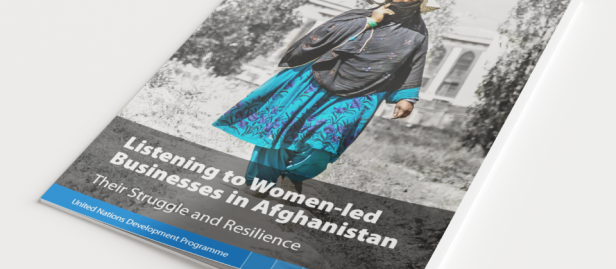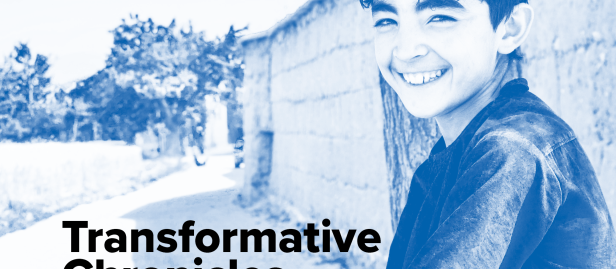The Integrated Food Security Phase Classification (IPC)
The Integrated Food Security Phase Classification (IPC)
June 10, 2021
The Integrated Food Security Phase Classification (IPC) is an innovative multi-partner initiative for improving food security and nutrition analysis and decision-making. Using the IPC classification and analytical approach, Governments, UN Agencies, NGOs, civil society, and other relevant actors work together to determine the severity and magnitude of acute and chronic food insecurity and acute malnutrition situations in a country with internationally recognized scientific standards.
IPC Secretariat is hosted at the Ministry of Agriculture, Irrigation, and Livestock (MAIL), funded by UNOCHA through the Food and Agriculture Organization of the United Nations (UNFAO) and Food Security and Agriculture Cluster (FSAC), Afghanistan. Stakeholders from different agencies active in food security and livelihood sectors contribute their technical expertise to the IPC Process in Afghanistan.
The latest IPC report shows that nearly 11 million people in Afghanistan are experiencing high levels of acute food insecurity (IPC Phase 3 or above) due to conflict, COVID-19, high food prices and rampant unemployment, between March and May 2021 (the lean season in most parts of the country.) This includes around 7.8 million people in Crisis (IPC Phase 3) and 3.2 million people in Emergency (IPC Phase 4) and require urgent action to save lives, reduce food gaps and save and protect livelihoods.
Between June and November 2021 (harvest and post-harvest seasons), a slight improvement in food security is expected, with the number of people in IPC Phase 3 or above decreasing to 9.5 million, with 6.7 million in Crisis (IPC Phase 3) and 2.7 million in IPC Phase 4 (Emergency). The areas that were in Phase 4 in the current analysis period are expected to remain in Phase 4 in the projection period, despite slight seasonal improvements. Household’s food access will likely improve slightly with the onset of the harvest, better job opportunities, as well as seasonal decreases in prices; however, rainfall forecasts suggest that the harvest will be below average, which will likely affect food availability during the following lean season.
The food security situation has relatively improved compared to the last three years, aside from the impacts of drought in 2018 and the COVID-19 outbreak in 2020. However, the food security situation is still concerning and expected to deteriorate further during the 2021-2022 lean season.

 Locations
Locations




